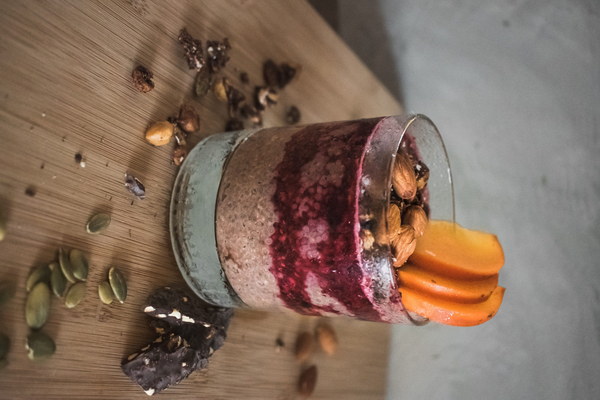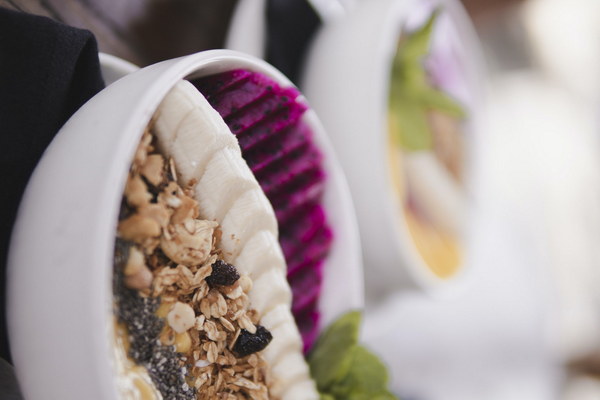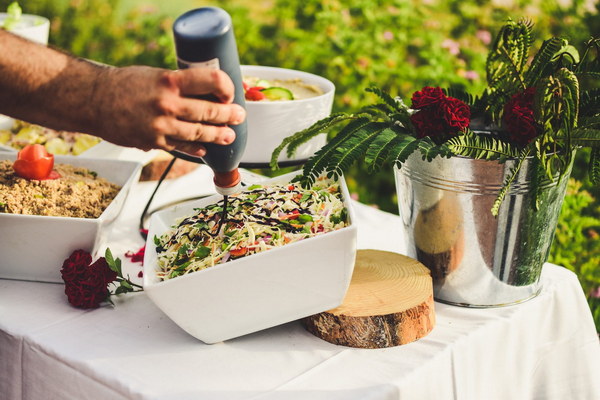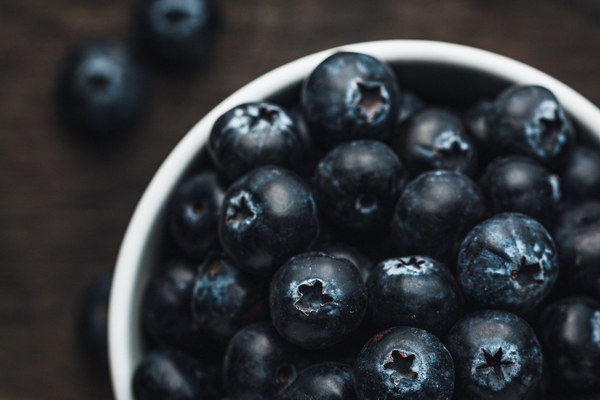Natural Remedies and Dietary Tips for Enlarged Prostate What to Eat
Introduction:
An enlarged prostate, also known as benign prostatic hyperplasia (BPH), is a common condition in men as they age. It can cause discomfort and inconvenience, such as frequent urination and difficulty emptying the bladder. While medication is often prescribed, many individuals are seeking natural remedies and dietary solutions to alleviate their symptoms. This article will discuss some natural remedies and dietary tips for managing an enlarged prostate.
1. Saw Palmetto:
Saw palmetto is a herbal supplement derived from the berries of the saw palmetto plant. It has been used traditionally to treat BPH, and several studies have shown that it can help reduce symptoms of an enlarged prostate. Saw palmetto works by blocking the conversion of testosterone to dihydrotestosterone (DHT), a hormone that can contribute to prostate enlargement.
2. Pygeum Africanum:
Pygeum Africanum is another herbal supplement that has been found to be effective in treating BPH. This supplement is derived from the bark of the African cherry tree and works by reducing inflammation and inhibiting the growth of prostate cells.
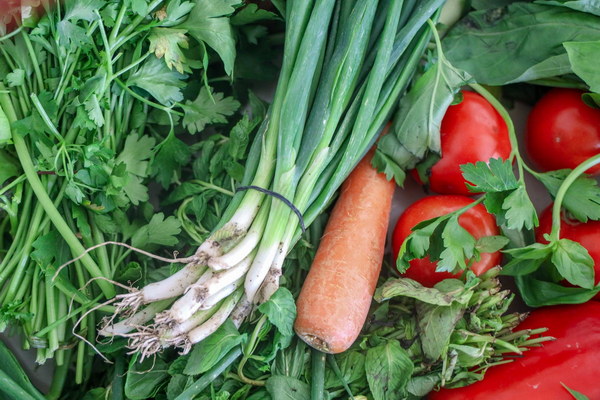
3. Stinging Nettle:
Stinging nettle is a herbal remedy that has been used for centuries to treat various conditions, including an enlarged prostate. It contains compounds that can help block the production of dihydrotestosterone (DHT), thereby reducing the size of the prostate and alleviating symptoms.
4. Green Tea:
Green tea is rich in antioxidants and has been found to have anti-inflammatory properties. Studies have shown that consuming green tea can help reduce the risk of developing BPH and may also improve symptoms in individuals who already have the condition.
5. Foods to Avoid:
While certain foods can help alleviate symptoms of an enlarged prostate, there are also some foods that should be avoided. These include:
- Spicy foods: Spicy foods can irritate the bladder and worsen symptoms.
- Alcohol: Alcohol can increase the frequency of urination and exacerbate BPH symptoms.
- Caffeine: Caffeine can also increase the frequency of urination and should be limited or avoided.
- Dairy products: Some studies suggest that high consumption of dairy products may increase the risk of BPH.
6. Foods to Include:
On the other hand, there are several foods that can help manage an enlarged prostate:
- pumpkin seeds: These seeds contain a compound called phytosterols, which can help reduce BPH symptoms.
- tomatoes: Tomatoes are rich in lycopene, an antioxidant that has been found to have anti-inflammatory properties and may help reduce the risk of BPH.
- soy products: Soy products, such as tofu and soy milk, contain isoflavones, which can help block the production of DHT.
- omega-3 fatty acids: Foods rich in omega-3 fatty acids, such as fatty fish, flaxseeds, and walnuts, can help reduce inflammation and improve overall prostate health.
Conclusion:
An enlarged prostate can be a frustrating and uncomfortable condition, but there are natural remedies and dietary tips that can help manage symptoms. Incorporating herbal supplements like saw palmetto, pygeum Africanum, and stinging nettle, along with certain foods and avoiding trigger foods, can help improve quality of life for individuals with BPH. It's important to consult with a healthcare professional before starting any new treatment or dietary changes, especially if you're currently on medication for BPH.



